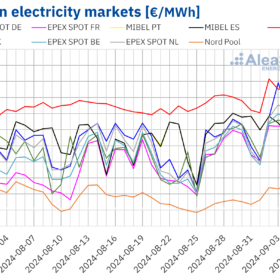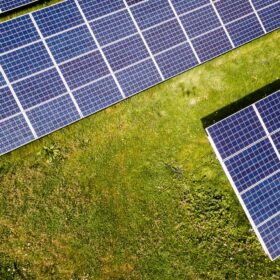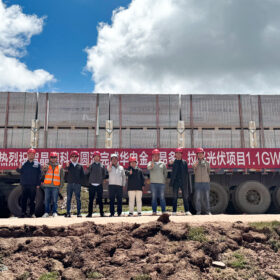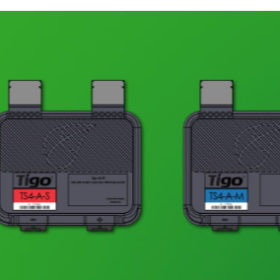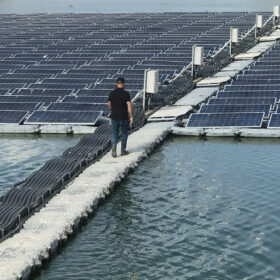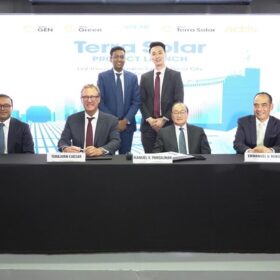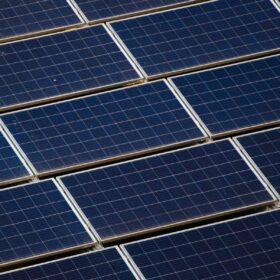Electricity prices continue to rise in most European markets
AleaSoft Energy Forecasting says higher demand pushed electricity prices up across most major European markets last week. However, prices fell in Portugal and Spain due to lower demand and rising solar production.
Alight to build 180 MW of solar in Finland
Swedish solar developer Alight plans to build two 90 MW solar projects in western Finland. Construction is set to begin next year, with commissioning expected in 2026.
Helen to build 200 MW electric boiler plant in Helsinki
Helen, a Finnish energy company, is building a nuclear and renewables-driven heat production complex in Helsinki, featuring a 200 MW electric boiler plant and a heat storage facility. Construction is set to begin in 2025.
Construction begins on 1.1 GW solar project in Tibet
JA Solar has supplied its n-type DeepBlue 4.0 Pro modules for a 1.1 GW solar installation in Tibet. The project is believed to be the world’s largest combined animal husbandry facility and solar array now under construction.
Canada considers surtax on solar products, batteries from China
The Canadian government has launched a 30-day consultation to determine whether to impose a surtax on solar products, semiconductors, batteries, and battery parts from China. It recently slapped a 100% surtax on Chinese-made electric vehicles.
Tigo Energy files patent infringement lawsuit against Chinese company
A unit of US-based Tigo Energy has filed a patent violation lawsuit against Zhejiang Benyi New Energy in the Shanghai Intellectual Property Court, alleging infringement of its rapid shutdown technology.
Botswana launches tender for feasibility study on floating solar at dams
Botswana’s Water Utilities Corp. (WUC) is seeking a company to conduct an assessment and technical feasibility study for the implementation of floating solar projects at dams throughout the country. The deadline for submissions is Oct. 3.
Ecostal Group acquires Solexis
Ecostal Group, a B2B solar specialist, has acquired Swiss PV equipment distributor Solexis. The group says the merger will expand its operations in Switzerland.
Actis invests in 3.5 GW/4.5 GWh of solar-plus-storage in Philippines
Private equity investor Actis has become a strategic partner in a 3.5 GW/4.5 GWh solar-plus-storage project in the Philippines. The project is poised to become the world’s largest integrated renewables and energy storage installation upon completion. Actis is investing $600 million for a 40% equity stake.
Clime Capital invests $10 million in PV developer in Philippines
Singapore-based fund manager Clime Capital is investing up to $10 million in Upgrade Energy Philippines (UGEP). The money will go toward supporting commercial and industrial (C&I) and utility-scale solar deployment.

